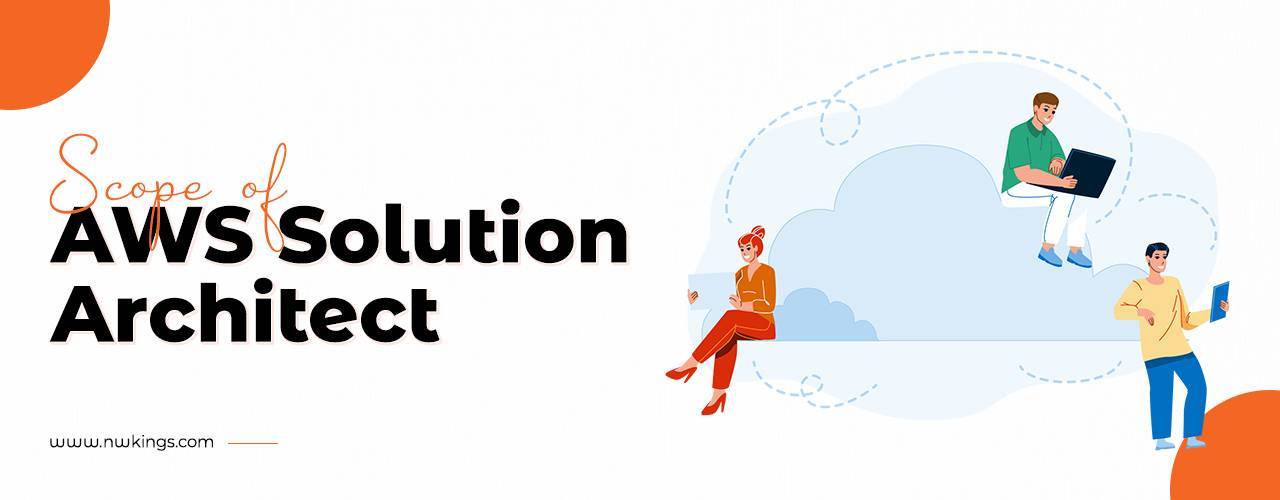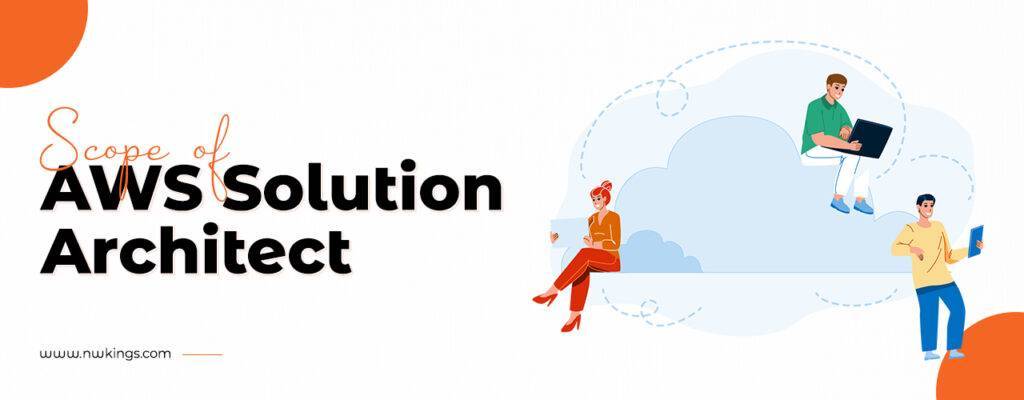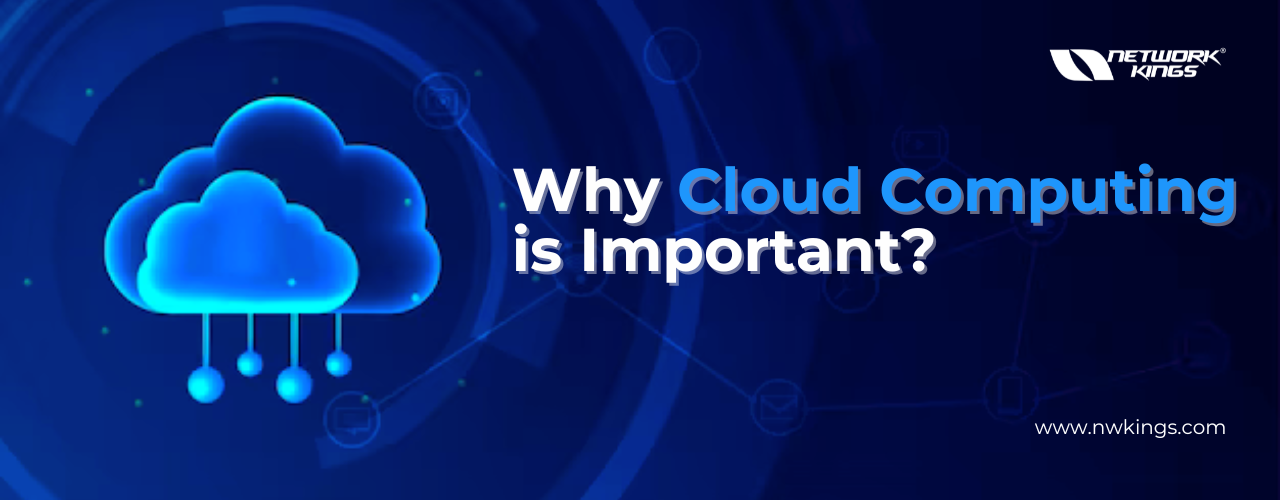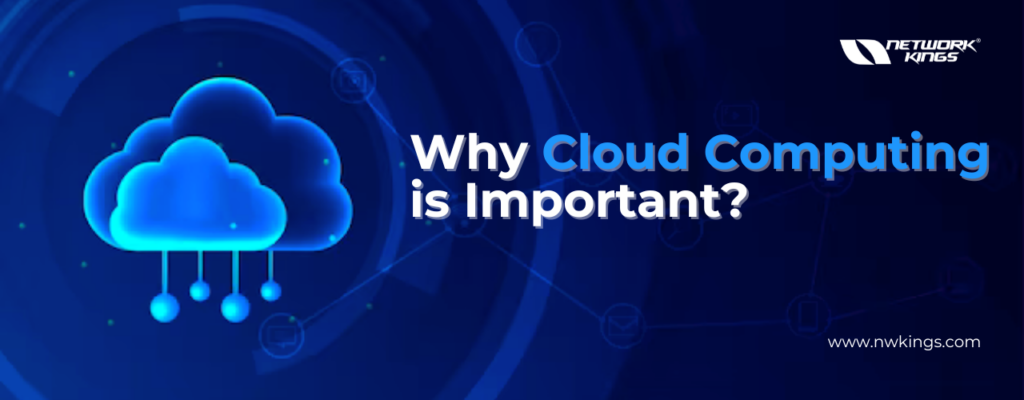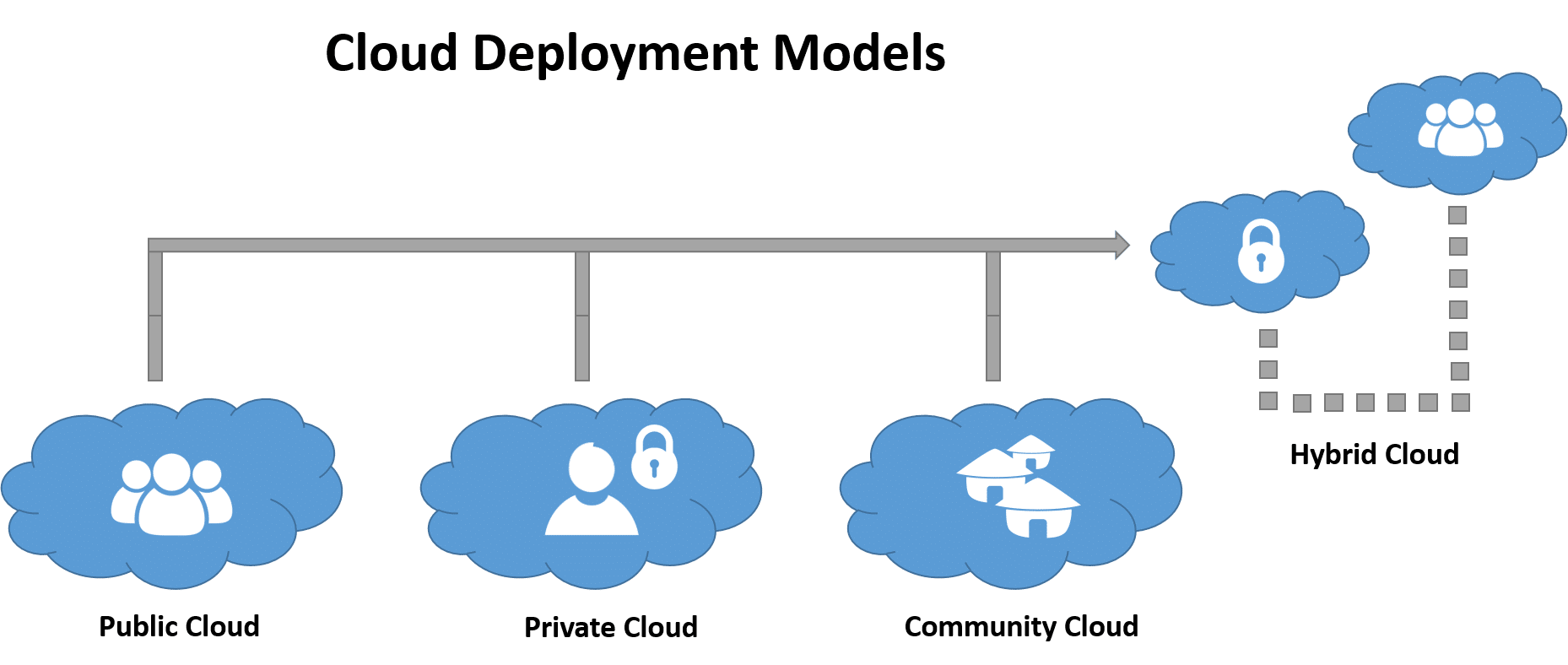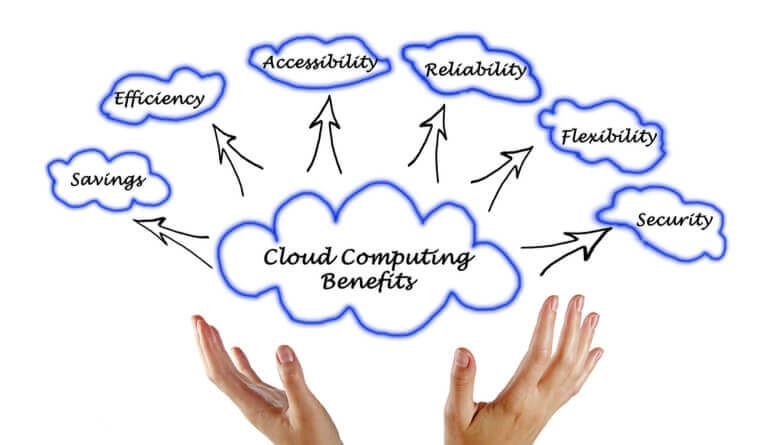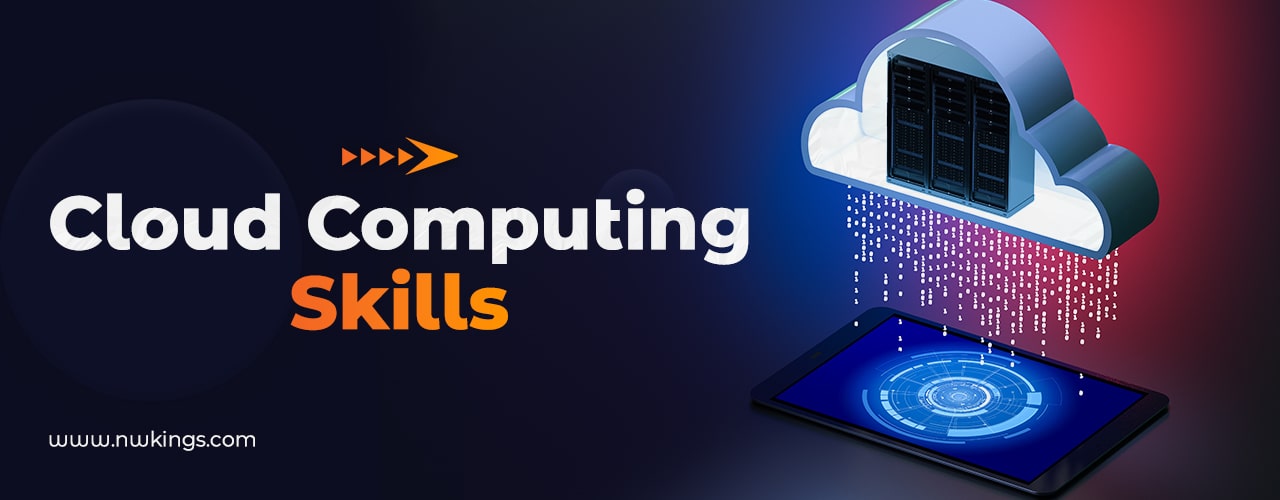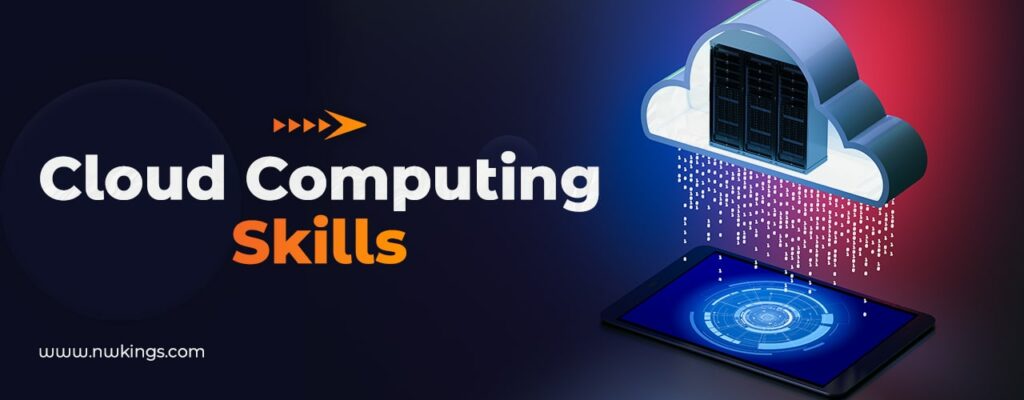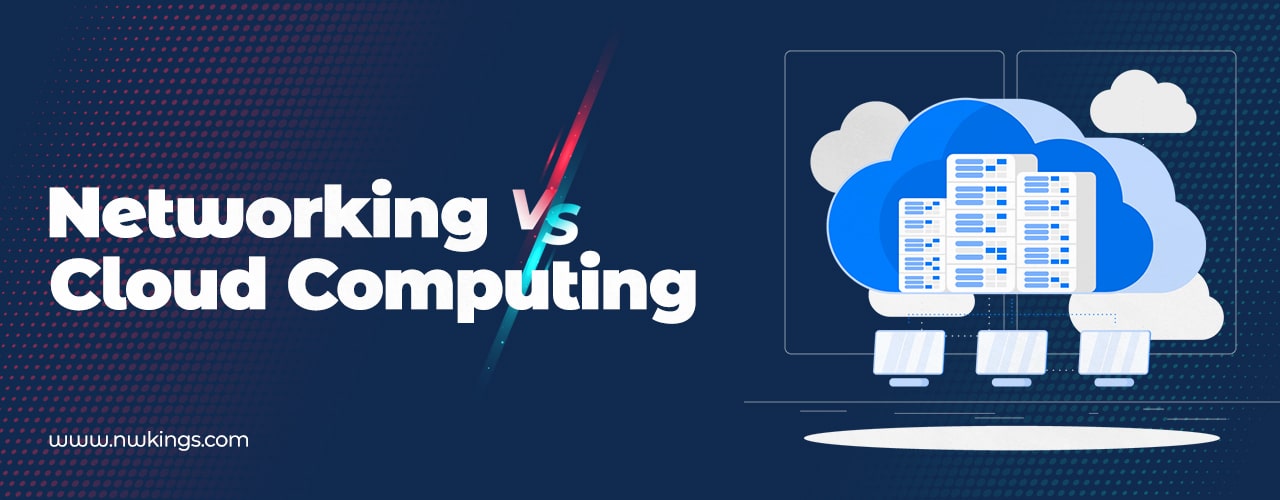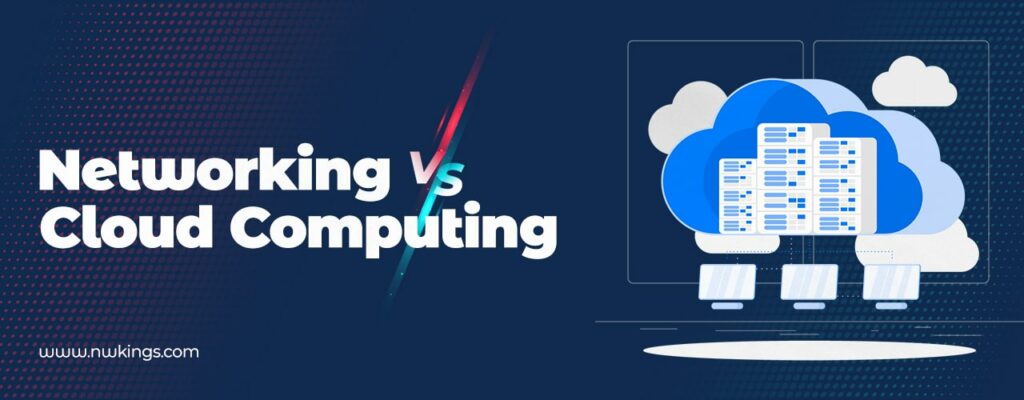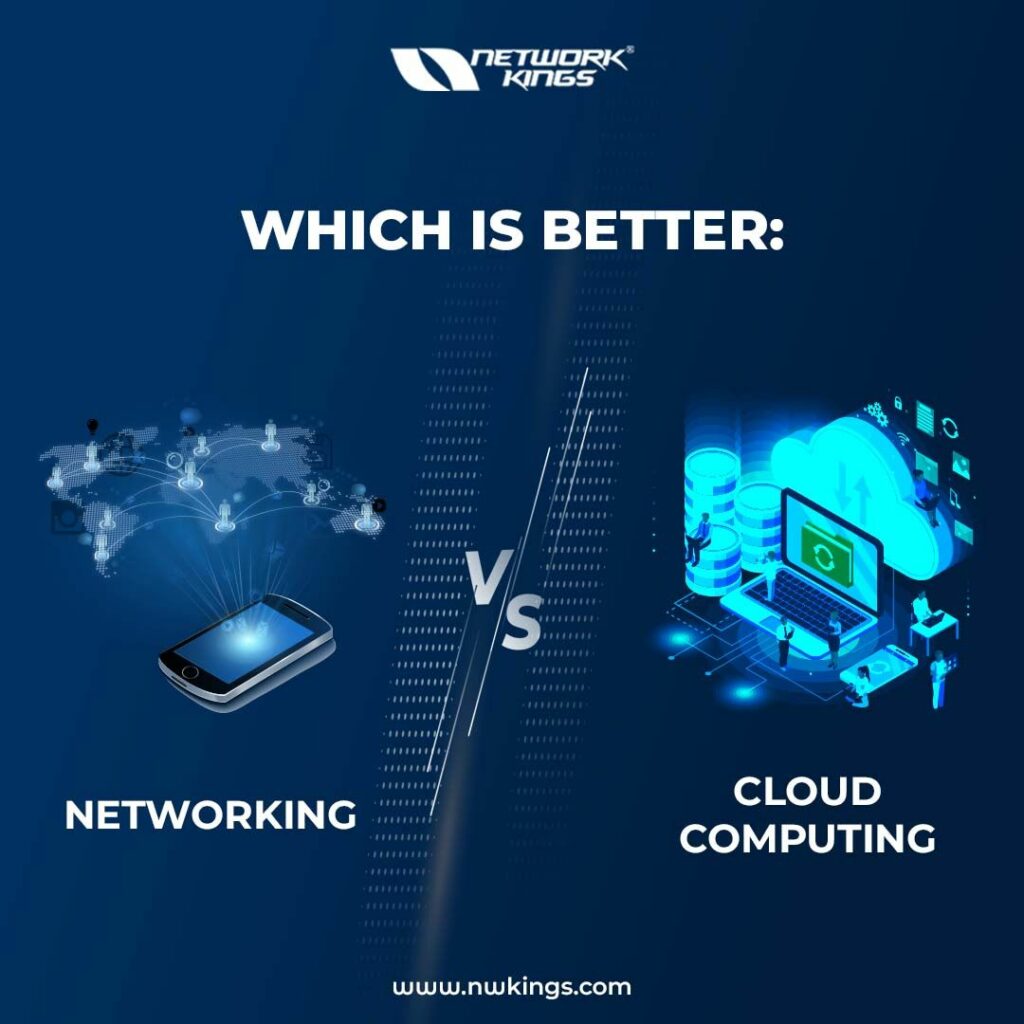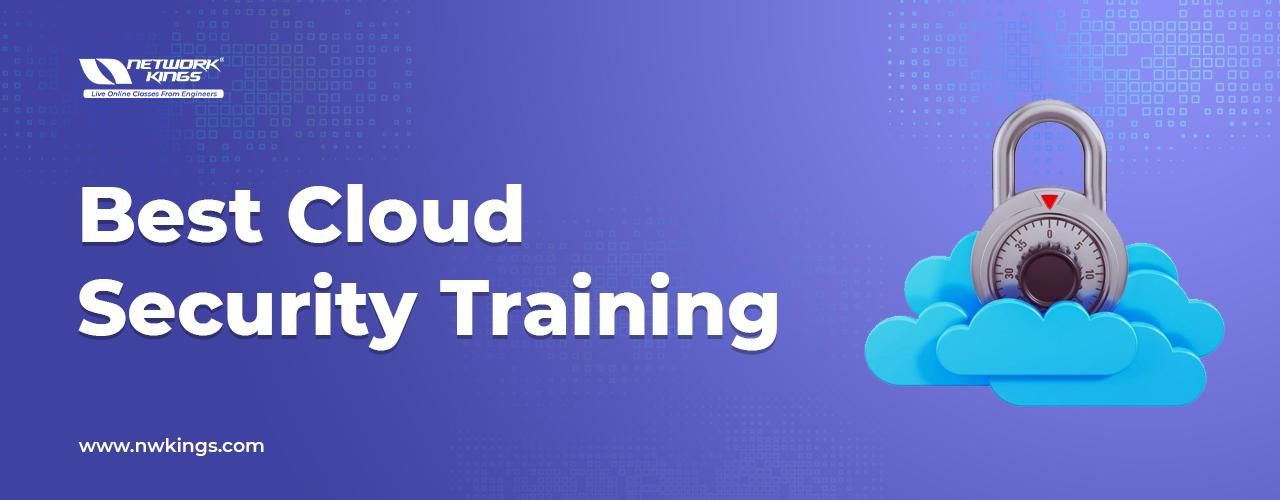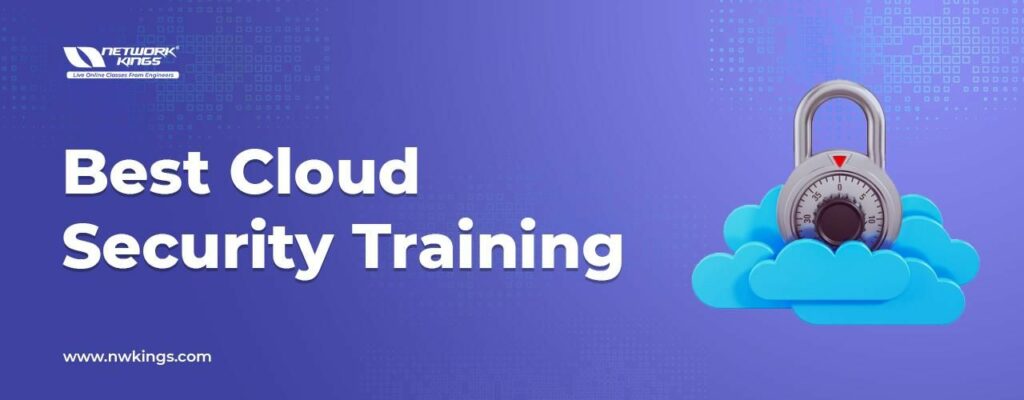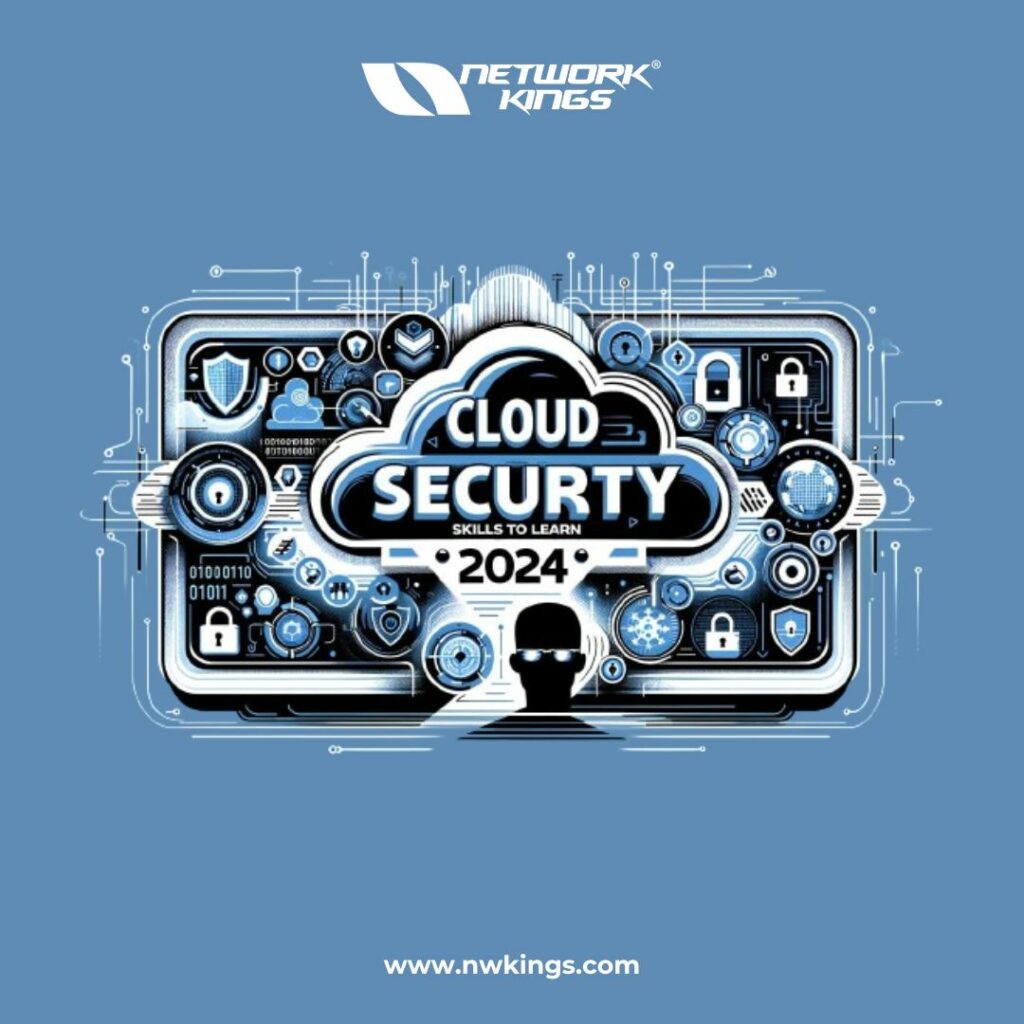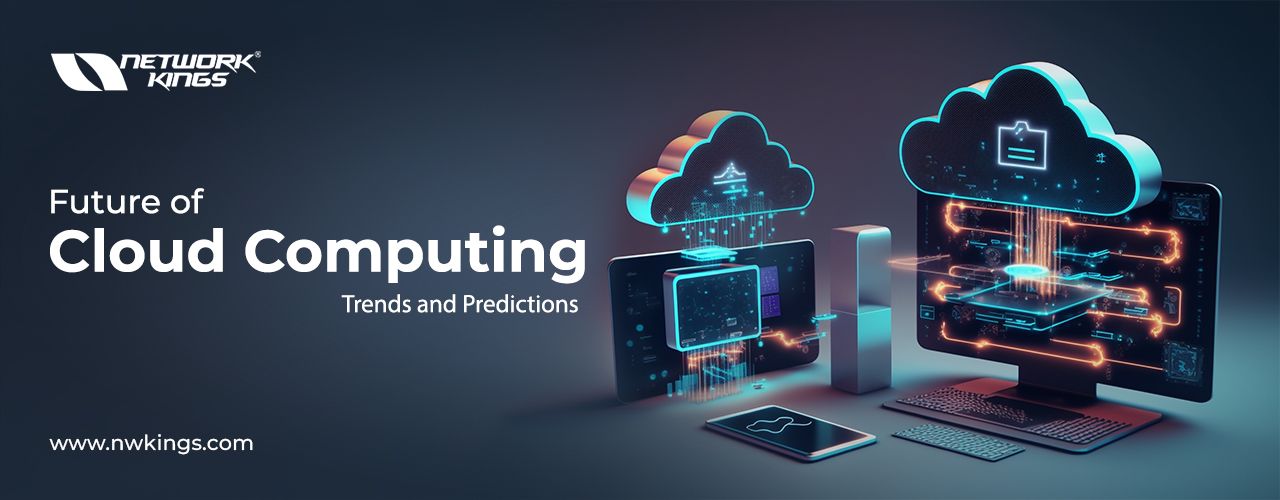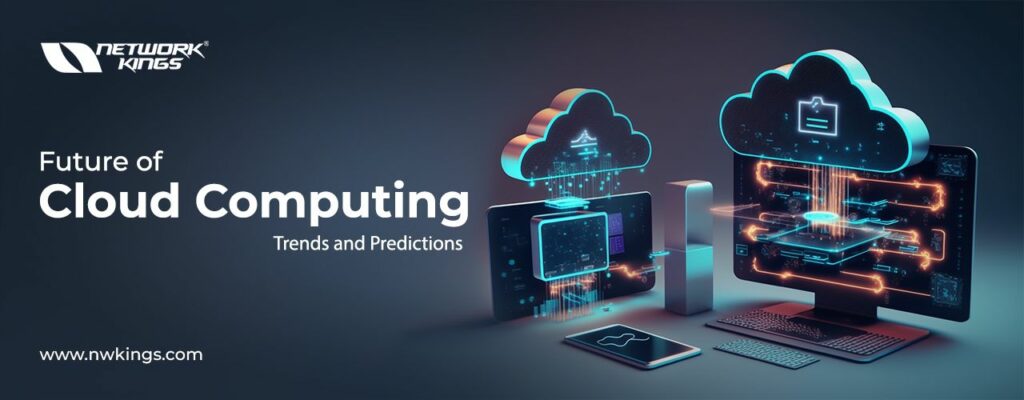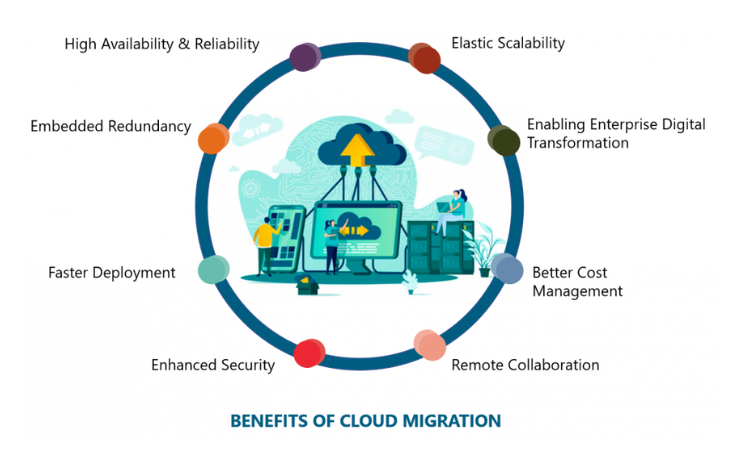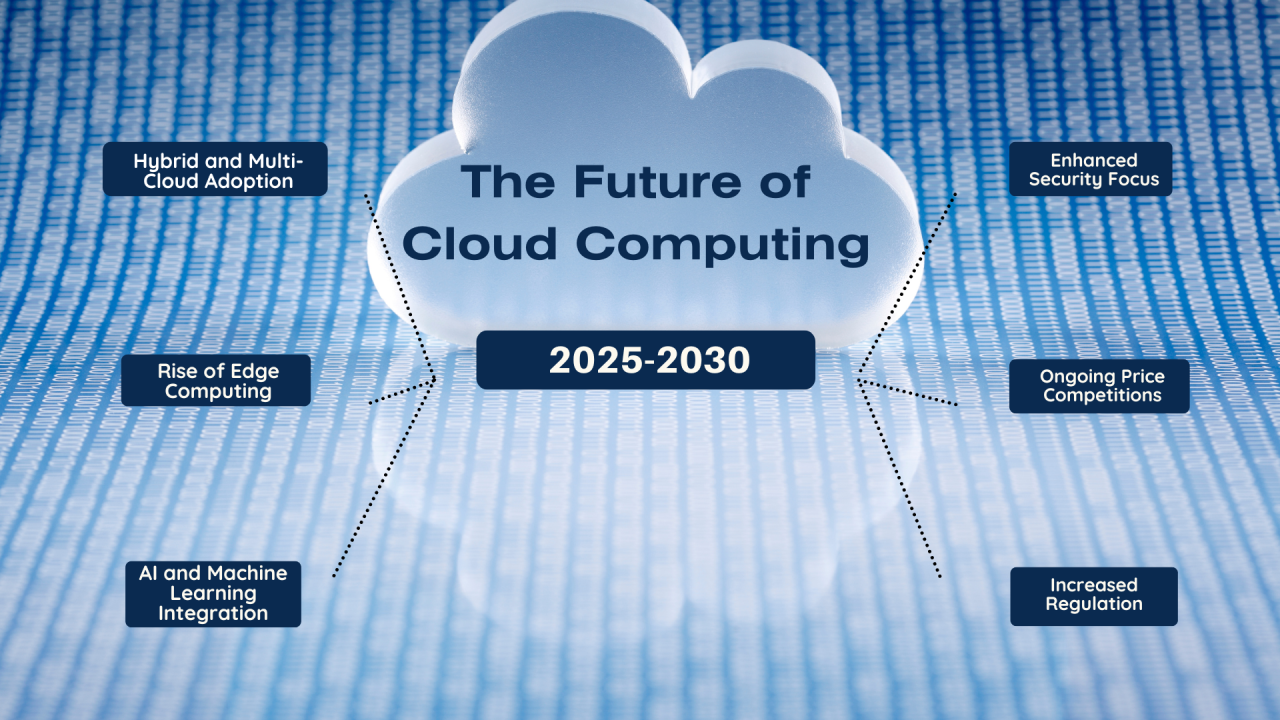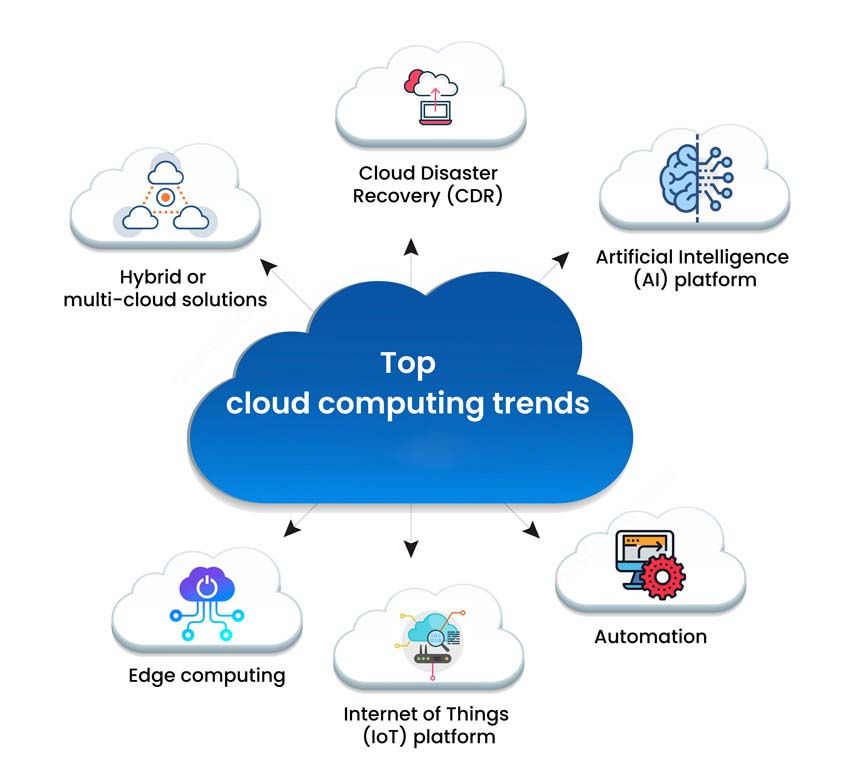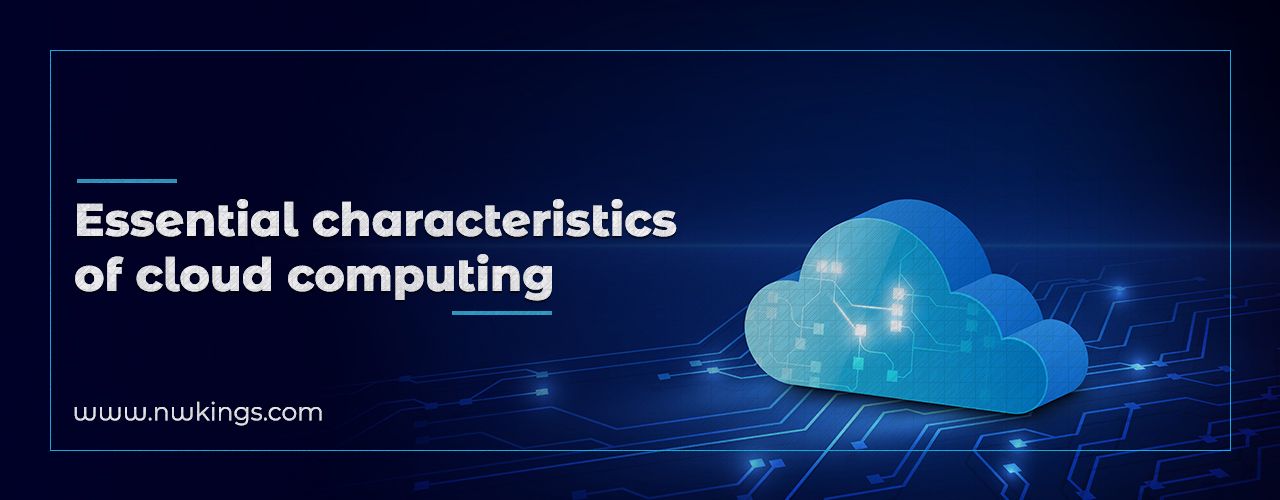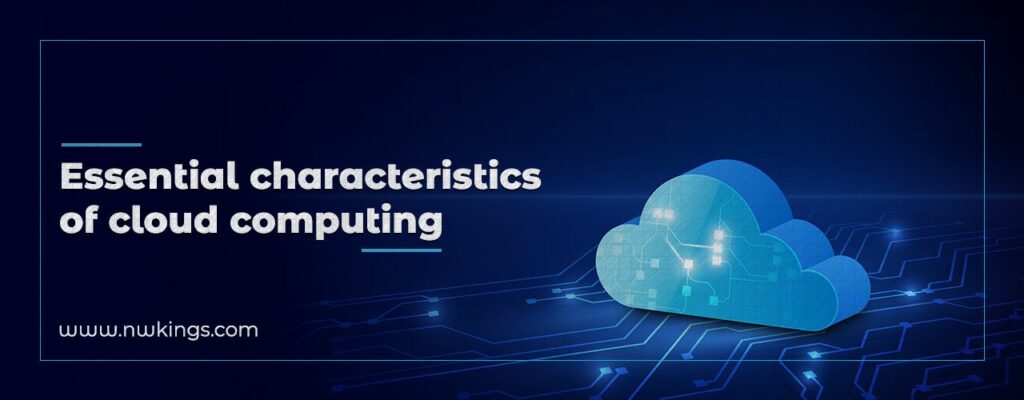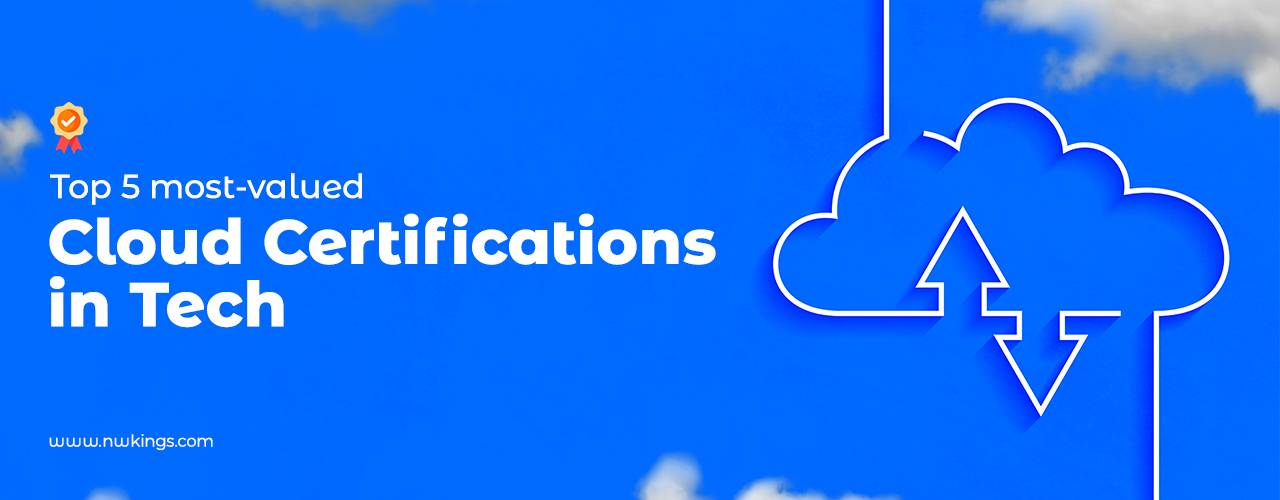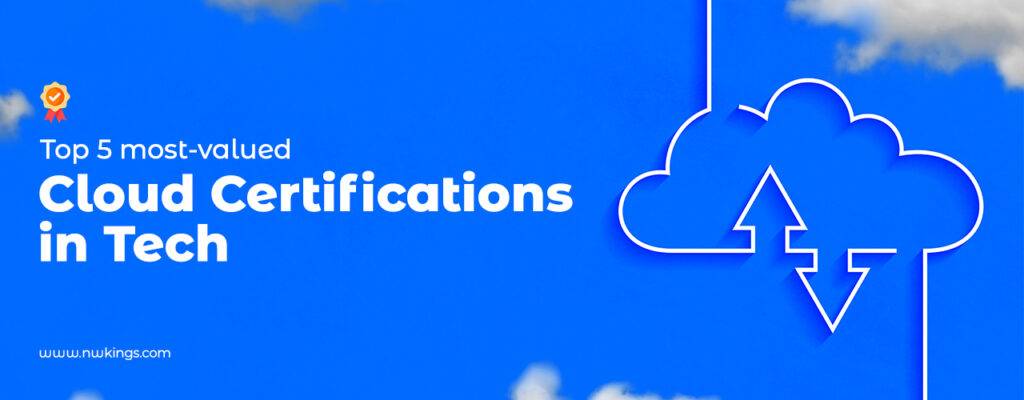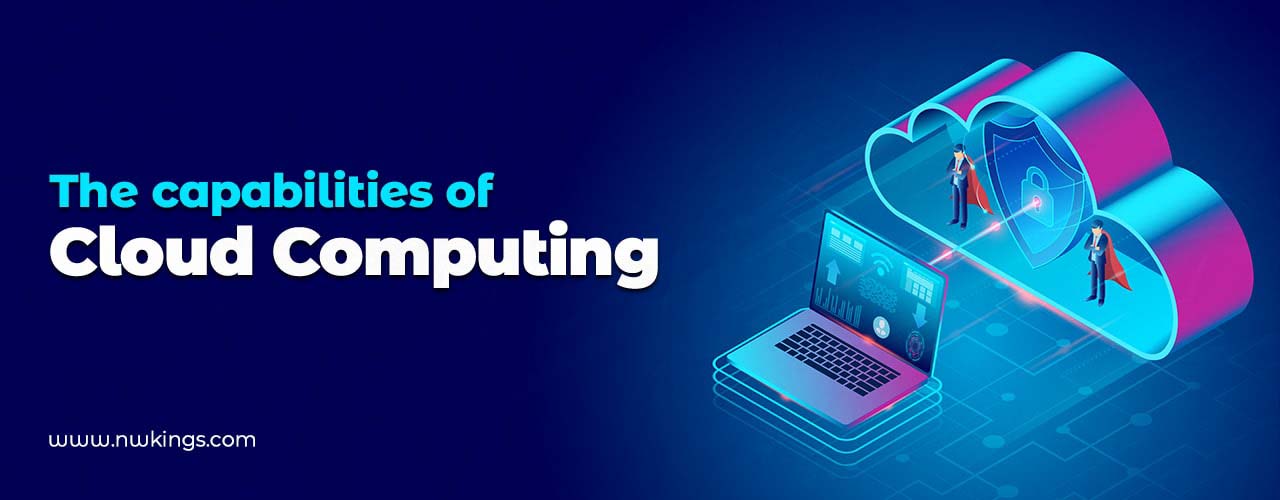
Why has the cloud gained so much hype?
Have you heard that every enterprise is shifting to the cloud now? I’m sure you have, do you ever wonder why? Well, enterprises big or small are shifting to the cloud as cloud technology is making it simple and hassle-free to access workplace systems, files, and data from anywhere making the security and safety of the data a priority. The cloud amongst many other benefits offers the ability to slim down the big IT budgets. This comes as a cost-efficient option that almost every enterprise, organization or even user is looking out for.
What is AWS?
Amazon Web Service
Amazon Web Service is a subsidiary of Amazon that provides on-demand cloud computing platforms and APIs to individuals, companies and governments.
AWS in simplest words is a comprehensive cloud computing platform that is constantly evolving provided by amazon it encompasses a mixture of infrastructure as a service, platform as a service and packaged software as a service.
It enables the user to choose the operating system, language that they wish to program in, database and all the other services they might need. AWS makes a virtual environment for the user where he/she is free to load software and services that their application requires.
History of AWS

To understand better, have a glimpse at the evolution of AWS over the years.
Explain various services provided by AWS:
Migration :
Migration services are used to move data physically between the data centre and AWS.
1. DMS( Database Migration Service)
DMS is a service that can be used to migrate an on-site database to AWS. It has been proven to be helpful to migrate from one type of database to another, for instance, Oracle to MySQL.
2. SMS ( Server Migration Service)
SMS migration services allow you to migrate on-site servers to AWS efficiently and quickly.
3. Snowball
It is a small application which allows the user to transfer terabytes of data inside and outside of the AWS environment.
Storage :
1. Amazon Glacier- It is an extremely low-cost storage service. It offers security and very fast storage for data archiving and backup.
2. Amazon Storage Gateway- This AWS service is establishing connections between on-premises software applications with cloud storage. It is utilized in a way to employ secure integration between the company’s on-premises and AWS’s storage infrastructure.
Security service:
1. IAM (Identity and access management)
IAM is a secure cloud security service which aids you to manage users and assigning policies from groups to manage multiple users.
2. Certificate Manager –
The service offers free SSL certificates for domains of your choice that are managed by Route53.
3. WAF (Web Application Firewall)
WAF security service offers application-level protection and allows you to block SQL injection and helps you to block cross-site scripting attacks.
4. Cloud Directory
This service allows a user to create flexible, cloud-native directories for managing hierarchies
5. KMS-
It is a managed service, that is a security service. This service aids in controlling and creating. This allows us to encrypt data.
6. Organizations-
One can create a group of AWS accounts with the help of this service to manage security and automation settings.
7. Shield-
It is managed DDoS (Distributed Denial of Service) It offers safeguards against web applications running on AWS.
8. Macie-
It offers a data visible security service that enables the classification and protection of the users’ critical content.
9. GuardDuty-
It offers threat detection so as to protect the user’s AWS accounts and workloads.
Data service:
1. Amazon RDS- This Database AWS service is easy to set up, operate, and scale a relational database in the cloud.
2. Amazon DynamoDB- It is a fast, solely managed NoSQL database service. It is a rather simple service which allows cost-effective storage and retrieval of data. It also allows the user to cater to any level of request traffic.
3. Amazon ElastiCache- It is a web service which makes deployment and operates and scales an in-memory cache in the cloud.
4. Neptune- It is a fast, reliable and scalable graph database service.
5. Amazon Redshift- It is Amazon’s warehousing solution that the user can utilize to perform OLAP queries.
Internet of things:
AWS internet of all things is a managed cloud service which lets the devices connect easily and lets interaction with cloud applications be secure. AWS Internet of all things Core is capable of supporting billions of devices and messages. It can process and route those messages to AWS endpoints as well as to other devices safely and reliably.
Management Service :
AWS managed Service is a set of services and tools that automate infrastructure management tasks for Amazon Web Services (AWS) deployments. The service is meant for large enterprises that are looking for a simplified way to migrate on-premises workloads, to the public cloud. The workloads are managed after migration.
Applications by AWS:
- Mobile and Social Applications.
- Content delivery and media distribution.
- Storage, backup and disaster recovery.
- Academic computing
- Search Engines.
- Application hosting SaaS Hosting
- Website Hosting
What are the Advantages of AWS Certification?
The advantages of AWS are:
- AWS enables organizations to be able to use the already existing and familiar programming models, operating systems, databases and architectures.
- It is a cost-effective service that ensures you pay for only whatever you pay without being bothered about any up-front or long-term commitments.
- The user isn’t required to spend any sum of money on the running and maintenance of the data centres.
- The deployments offered are fast and efficient.
- The capacity can be altered as per one’s liking and more so as per need.
- The user is allowed cloud access without any delay with a limitless capacity.
- The total cost of ownership is very low compared to any private or dedicated server.
- It also offers hybrid capabilities.
It also allows the user to deploy the application in multiple regions globally within the act of a click.
What are the Disadvantages of AWS Certification?
If you need more immediate or intensive assistance, you’ll have to opt for paid support packages.
- Amazon Web Services may have some common cloud computing issues when you move to a cloud. For example, downtime, limited control, and backup protection.
- AWS sets default limits on resources which differ from region to region. These resources consist of images, volumes, and snapshots.
- Hardware-level changes happen to your application which may not offer the best performance and usage of your applications.
Why choose AWS?
Choosing AWS is a no-brainer as it offers a bouquet of benefits listed below:
- Easy to use
- Cost-effective
- Reliable
- Scalable and high performance
- Secure
AWS is compatible if the enterprises or for that matter even individuals are looking for a solution that is easy to use and doesn’t pose a problem for all. It reduces the cost of all effective working. The AWS working is reliable and secure as well. The performance of a high scale and the best part is it is scalable.
Is AWS worth it or not?
Future AWS Worth it or not? Yes AWS is absolutely worth it to be giving an honest and crisp answer. Although the answer still remains subjective as it depends on the needs of the user. It caters to almost all necessities that are cost reduction for any enterprise and security for all kinds of data over the systems. AWS course is absolutely worth considering its futuristic aspect as well, and AWS is leading the pack in all cloud computing. It has a rather bright scope in the field with the scope of it’s growing even more in future as all enterprises are shifting to the cloud.


